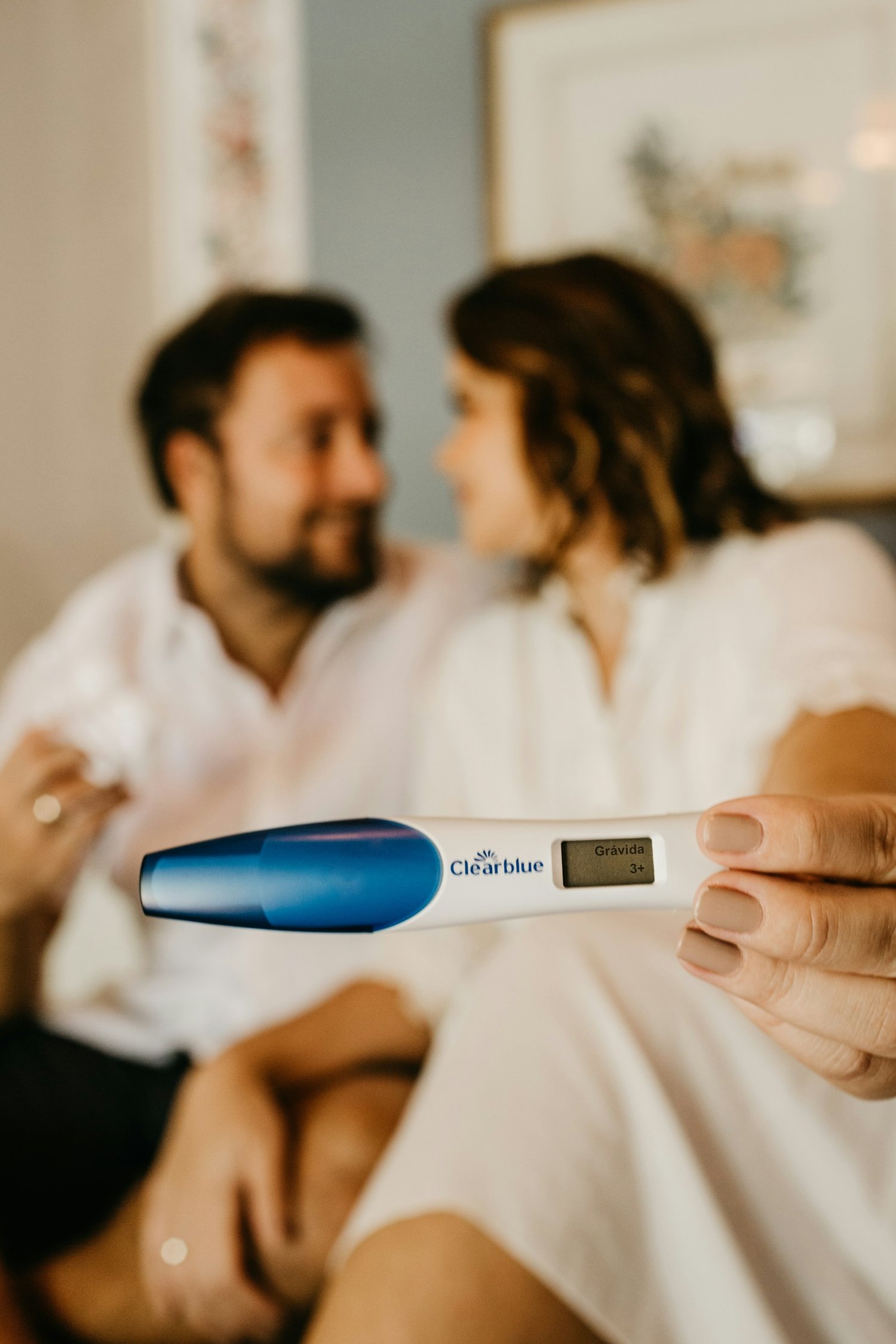 About
About
You’ve just seen those two pink lines (or maybe “pregnant” popped up on your digital test)—congratulations! Whether this is your first pregnancy or your fifth, that moment is always big. But what happens next?
At Materna, we know the first trimester can be full of questions. That’s why we’re reimagining care from conception to week 20—so you don’t have to wait or wonder.
The Short Answer? Sooner Than You Think.
Most people are told to wait until 8–10 weeks to see a provider. But that outdated advice comes from a time when care was primarily reactive—not proactive.
Modern guidelines—and Materna’s model—support early intervention. We recommend reaching out for care as soon as your test is positive. Here’s why.
Why Early Prenatal Care Matters
1. Symptom Management
Early pregnancy symptoms like nausea, vomiting, fatigue, and dehydration can be overwhelming. If you’re experiencing these, you shouldn’t have to wait to get relief. At Materna, we offer:
– IV therapy
– Bloodwork
– Personalized protocols
Starting as early as week 4.
2. Risk Assessment
Some people have a higher risk for complications like:
– Hyperemesis Gravidarum (HG)
– Iron deficiency
– Early pregnancy loss
We use tools like the HELP Score (developed by the HER Foundation) to assess symptom severity and guide treatment early.
3. Peace of Mind
Whether you’re overanalyzing every cramp or Googling too much (we get it), early care provides information and reassurance. We’re here to guide—not scare—you through it.
Coming to NYC in October 2025!




.jpg)





